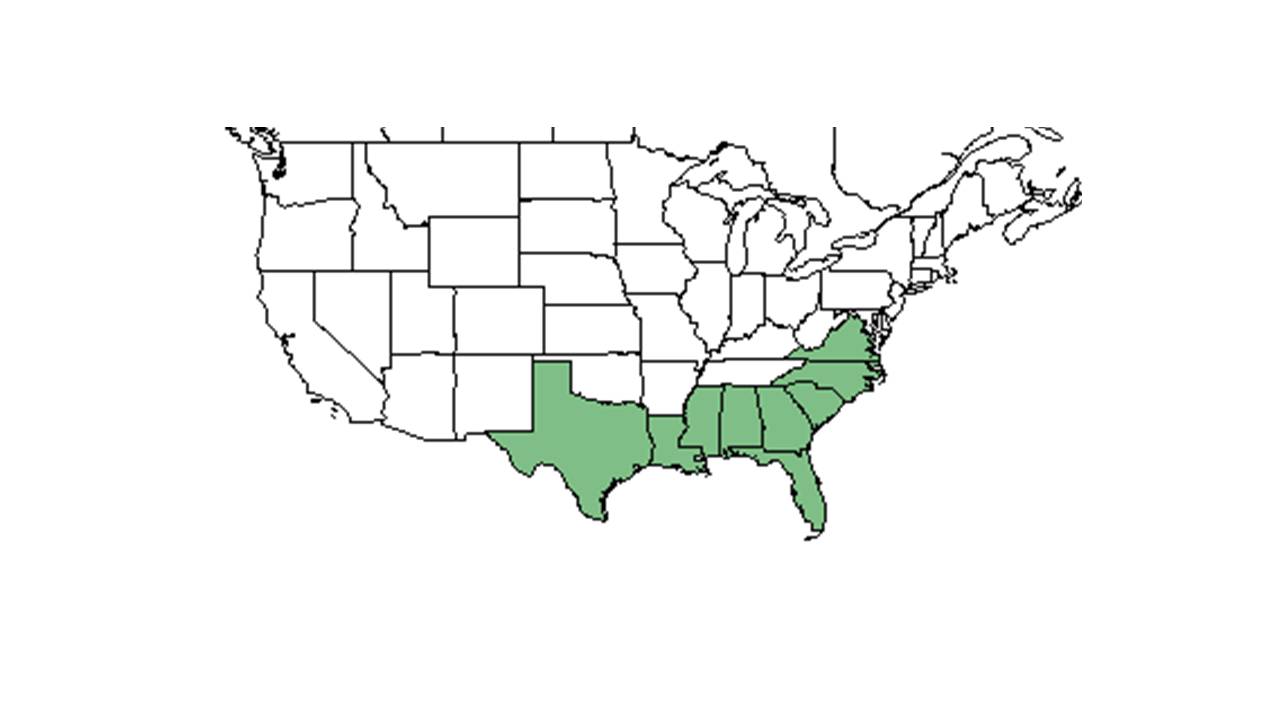Difference between revisions of "Sabatia calycina"
(Created page with "{{italic title}} <!-- Get the taxonomy information from the NRCS Plants database --> {{taxobox | name = Sabatia calycina | image = Insert.jpg | image_caption = | regnum = Pla...") |
|||
| Line 28: | Line 28: | ||
===Pollination=== | ===Pollination=== | ||
===Use by animals=== <!--Herbivory, granivory, insect hosting, etc.--> | ===Use by animals=== <!--Herbivory, granivory, insect hosting, etc.--> | ||
| + | ====Studies conducted with animals==== | ||
| + | To determine which seed species are preferred by fire ants, we set up a cafeteria-style experiment in which we presented fire ants with seeds of native species and recorded the rate of removal in eight separate trials. However, several species….,…, Sabatia calycina & … were discontinued after one or two trials due to lack of interest by ants even after extended periods of exposure. (Cumberland et al 2013) | ||
| + | |||
===Diseases and parasites=== | ===Diseases and parasites=== | ||
==Conservation and Management== | ==Conservation and Management== | ||
Revision as of 16:51, 17 June 2015
| Sabatia calycina | |
|---|---|
Error creating thumbnail: Unable to save thumbnail to destination
| |
| Scientific classification | |
| Kingdom: | Plantae |
| Division: | Magnoliophyta – Flowering plants |
| Class: | Magnoliopsida – Dicotyledons |
| Order: | Gentianales |
| Family: | Gentianaceae |
| Genus: | Sabatia |
| Species: | S. calycina |
| Binomial name | |
| Sabatia calycina (Lam.) A. Heller | |

| |
| Natural range of Sabatia calycina from USDA NRCS Plants Database. | |
Contents
Description
Distribution
Ecology
Habitat
Phenology
Seed dispersal
Seed bank and germination
Fire ecology
Pollination
Use by animals
Studies conducted with animals
To determine which seed species are preferred by fire ants, we set up a cafeteria-style experiment in which we presented fire ants with seeds of native species and recorded the rate of removal in eight separate trials. However, several species….,…, Sabatia calycina & … were discontinued after one or two trials due to lack of interest by ants even after extended periods of exposure. (Cumberland et al 2013)